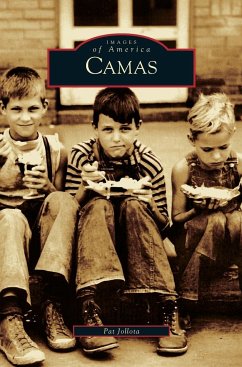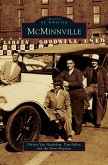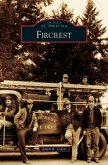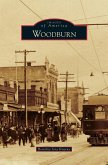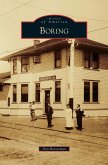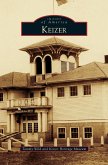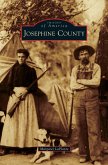When Henry Pittock, the owner of the Oregonian, wanted a new paper mill to supply his newspaper, he chose a site 16 miles upriver from Vancouver. There he founded the LaCamas Colony in 1883, named after the Camas lily, a basic foodstuff of the Chinook tribes that inhabited the river. Agriculture was also a vibrant part of Camas, and today Prune Hill is a desirable part of town. Incorporated in 1906 as one means of controlling the sale of alcohol, Camas was the most active town in Prohibition in Clark County. During the middle of the last century, the flavor of the town began to change, as hightech companies of the "Silicon Forest" came to share the landscape with the paper mill and Douglas firs. Today's visitors stroll through charming cafes and antique shops at the Port of Camas, where a rough landing was once carved out of the thick forests above the Columbia River.
Hinweis: Dieser Artikel kann nur an eine deutsche Lieferadresse ausgeliefert werden.
Hinweis: Dieser Artikel kann nur an eine deutsche Lieferadresse ausgeliefert werden.

